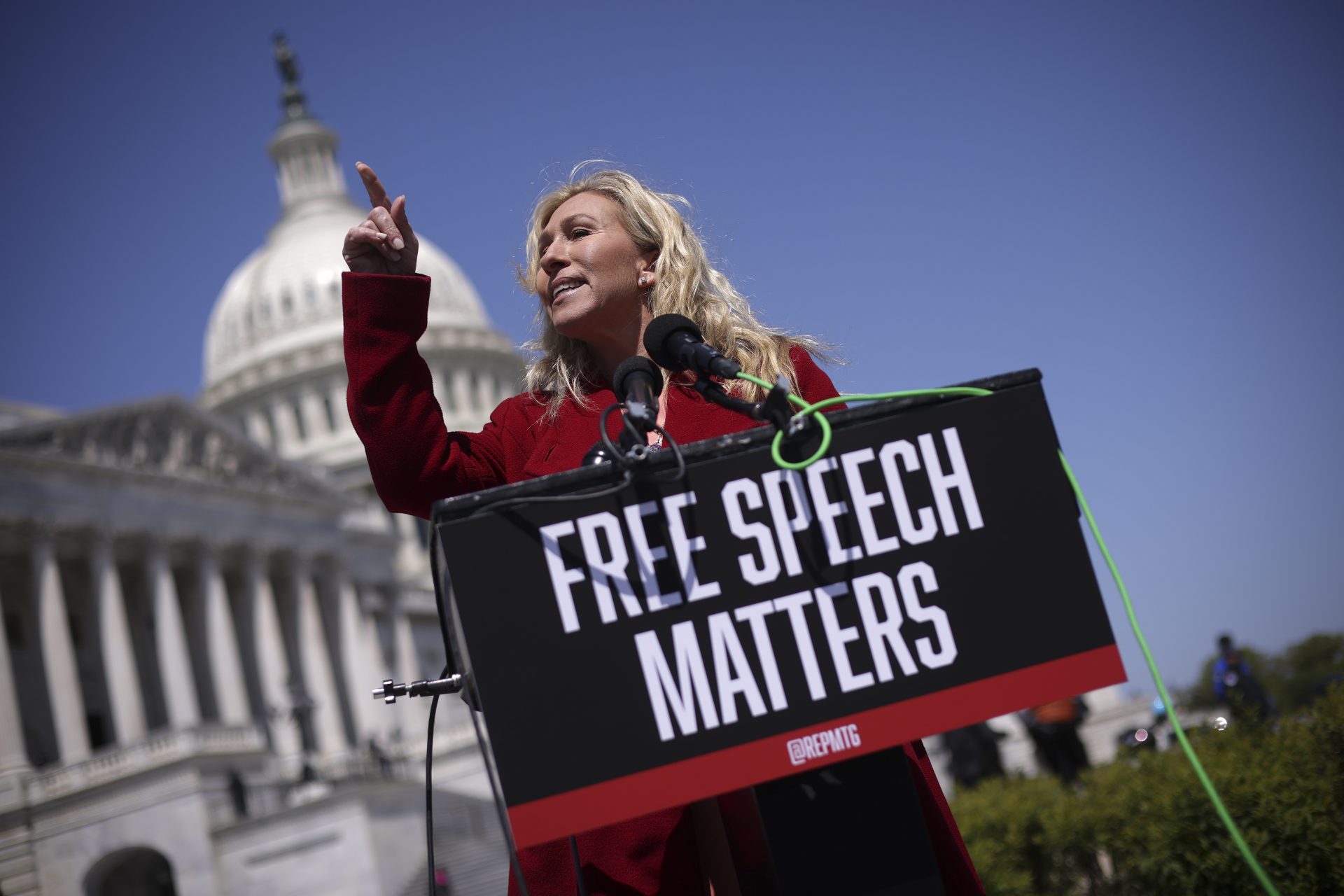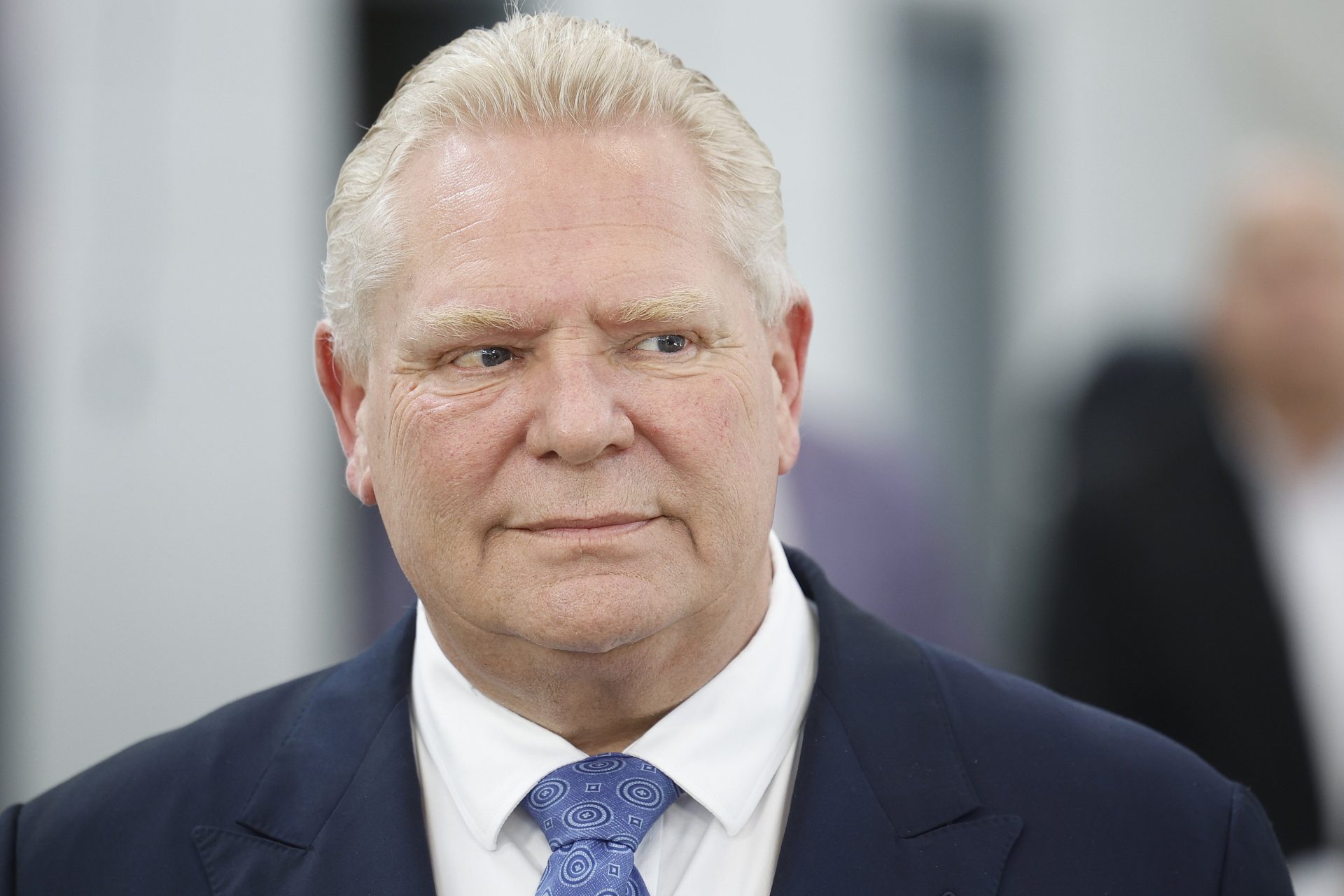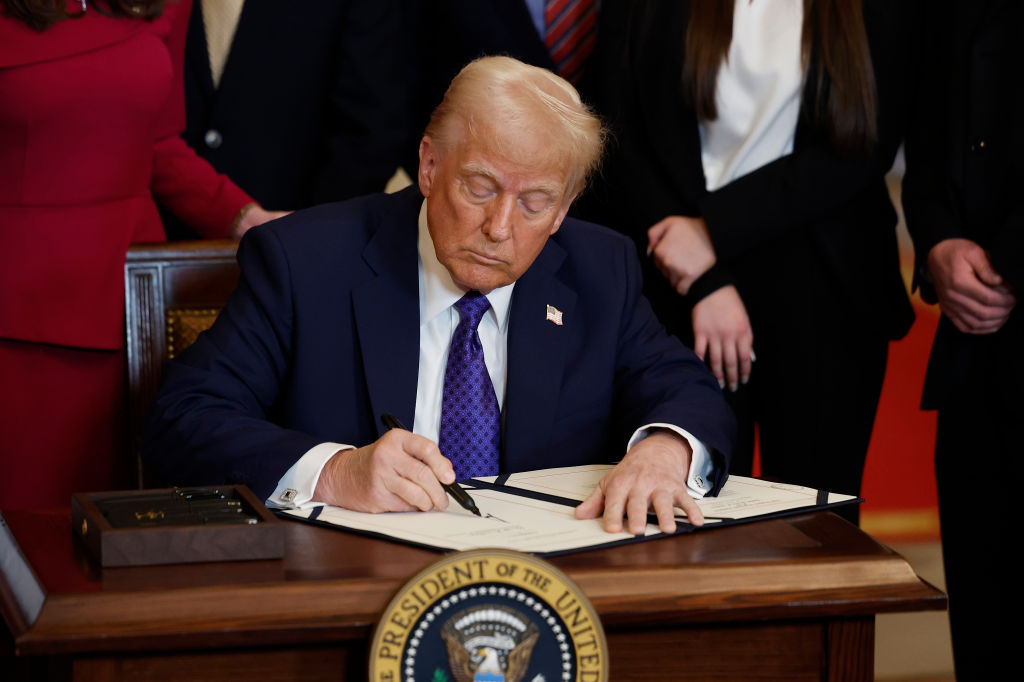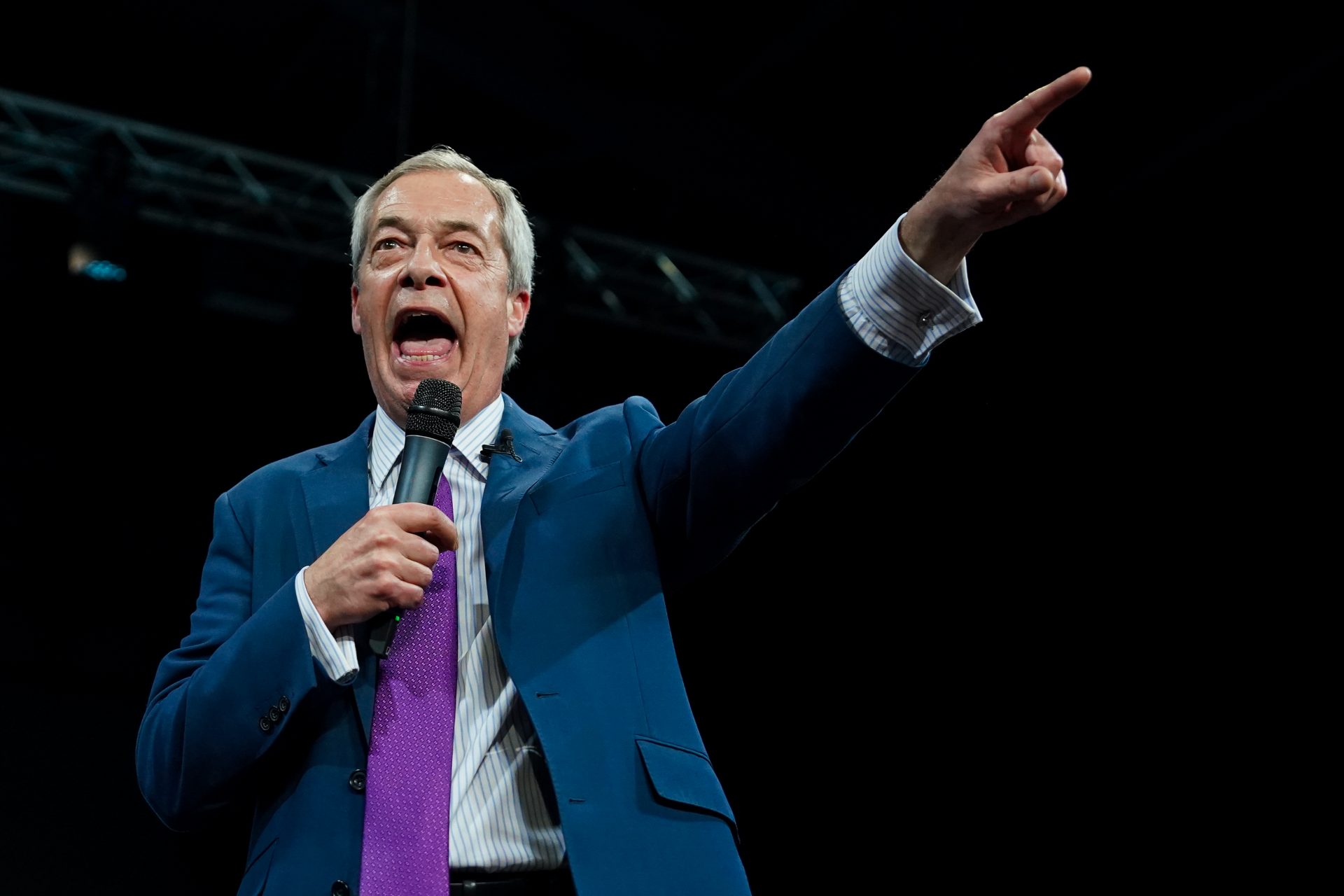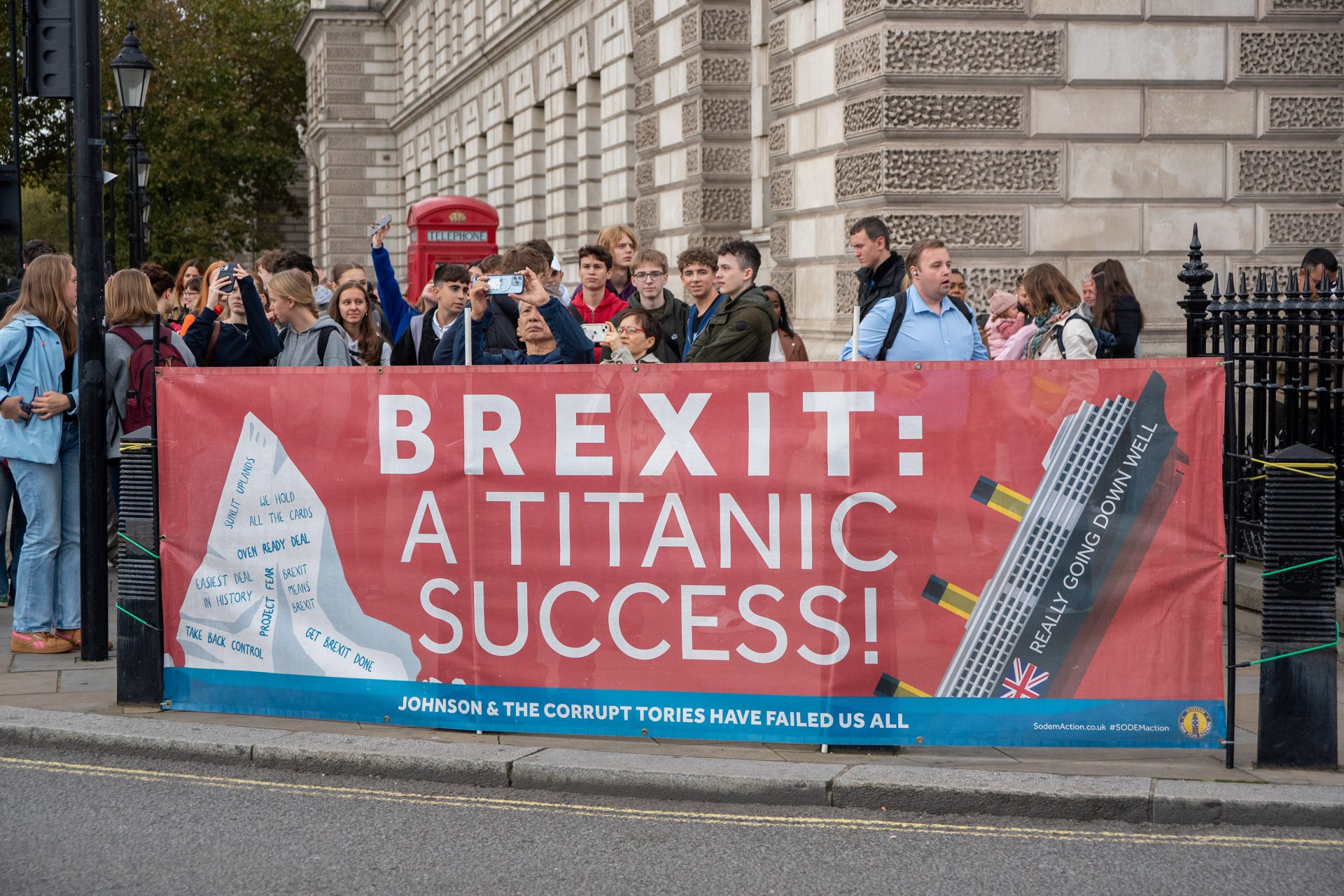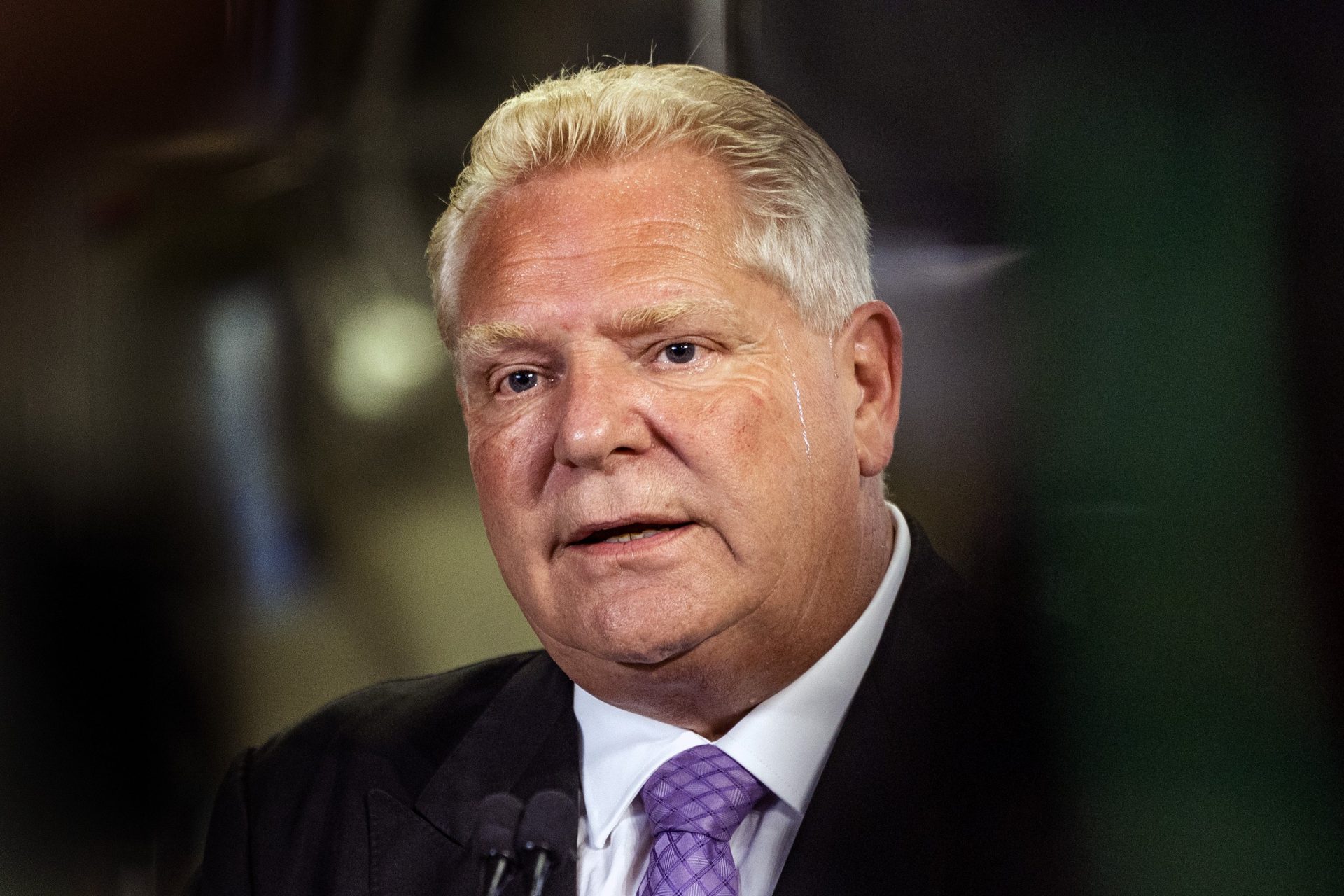Saudi Arabia’s Crown Prince threatened the U.S. if it retaliated against oil cuts
The Crown Prince of Saudi Arabia Mohammad bin Salman privately threatened to sever ties with the United States and retaliate against the country economically in response to Joe Biden's vow that the Saudis would suffer consequences for lowering oil prices in 2022.
In October 2022, President Joe Biden told CNN’s Jake Tapper in an interview that Saudi Arabia was going to suffer “some consequences" after the Organization of the Petroleum Exporting Countries (OPEC) decided to cut its oil production by 2 million barrels a day.
"There’s going to be some consequences for what they’ve done with Russia,” President Biden explained to Tapper. “I’m not going to get into what I’d consider and what I have in mind. But there will be—there will be consequences.”
Biden was angry over OPEC’s decision to cut its oil production by 2 million barrels a day because the move would not only push global oil prices higher but also indirectly aid the Kremlin in funding its war of aggression against Ukraine according to an NBC News.
NBC News pointed out that Saudi Arabia is the de facto leader of OPEC and noted in a separate report that the organization was made up of 13 oil-producing countries, with 11 other non-member allied countries—included in which was the Russian Federation.
Shortly after OPEC announced a cut to its oil production, White House Press Secretary Karine Jean Pierre told reporters it was time for the U.S. to reassess its relationship with Saudi Arabia after OPEC's "decision to align their energy policy with Russia’s war."
“From the beginning,” Jean-Pierre explained, “we have said we need to kind of reassess and have a different relationship with Saudi Arabia,” adding that the decision to cut such a large number of barrels a day was “self-serving” according to a quote from The Hill.
When Biden was asked by Jack Tapper if he thought it was time for the United States to rethink its relationship with Saudi Arabia, the President replied: “Yes.” But behind all of the political bluster, there was a real crisis brewing according to The Washington Post.
According to classified documents that were part of Jack Terraria Discord Leaks, Saudi Arabian Crown Prince Mohammad bin Salman threatened “significant economic costs” if the United States opted to retaliate against OPEC’s oil cuts
“In public, the Saudi government defended its actions politely via diplomatic statements. But in private, Crown Prince Mohammed bin Salman threatened to fundamentally alter the decades-old U.S.-Saudi relationship,” The Post reported in a June 8th exposé.
The Washington Post also noted the crown prince would “impose significant economic costs on the United States if it retaliated against the oil cuts” based on the classified leaked documents that the news organization had in its possession.
Mohammad bin Salman said he would “not deal with the U.S. administration anymore” according to the document and promised “major economic consequences.”
Eight months on from the incident, the Biden administration still hasn't imposed any consequences on Saudi Arabia for cutting OPEC’s oil production according to The Post, though the news organization noted the Crown Prince's threats may not have played a factor.
“It is unclear whether the crown prince’s threat was conveyed directly to U.S. officials or intercepted through electronic eavesdropping,” John Hudson, the journalist covering the story wrote in his report, adding that it revealed the tension at play between the parties.
An unnamed official from the U.S. The National Security Council told The Washington Post that the agency was not aware of any threats being made by Mohammad bin Salman over Biden’s statements, adding that the document couldn’t really reveal what occurred.
“In general, such documents often represent only one snapshot of a moment in time and cannot possibly offer the full picture,” the official told The Washington Post.
However, regardless of whether or not the threats were privately relayed to the U.S. government or if they were intercepted, they certainly do reveal that the decades-old relationship between the two countries might be more strained than the public knows.
More for you
Top Stories



















